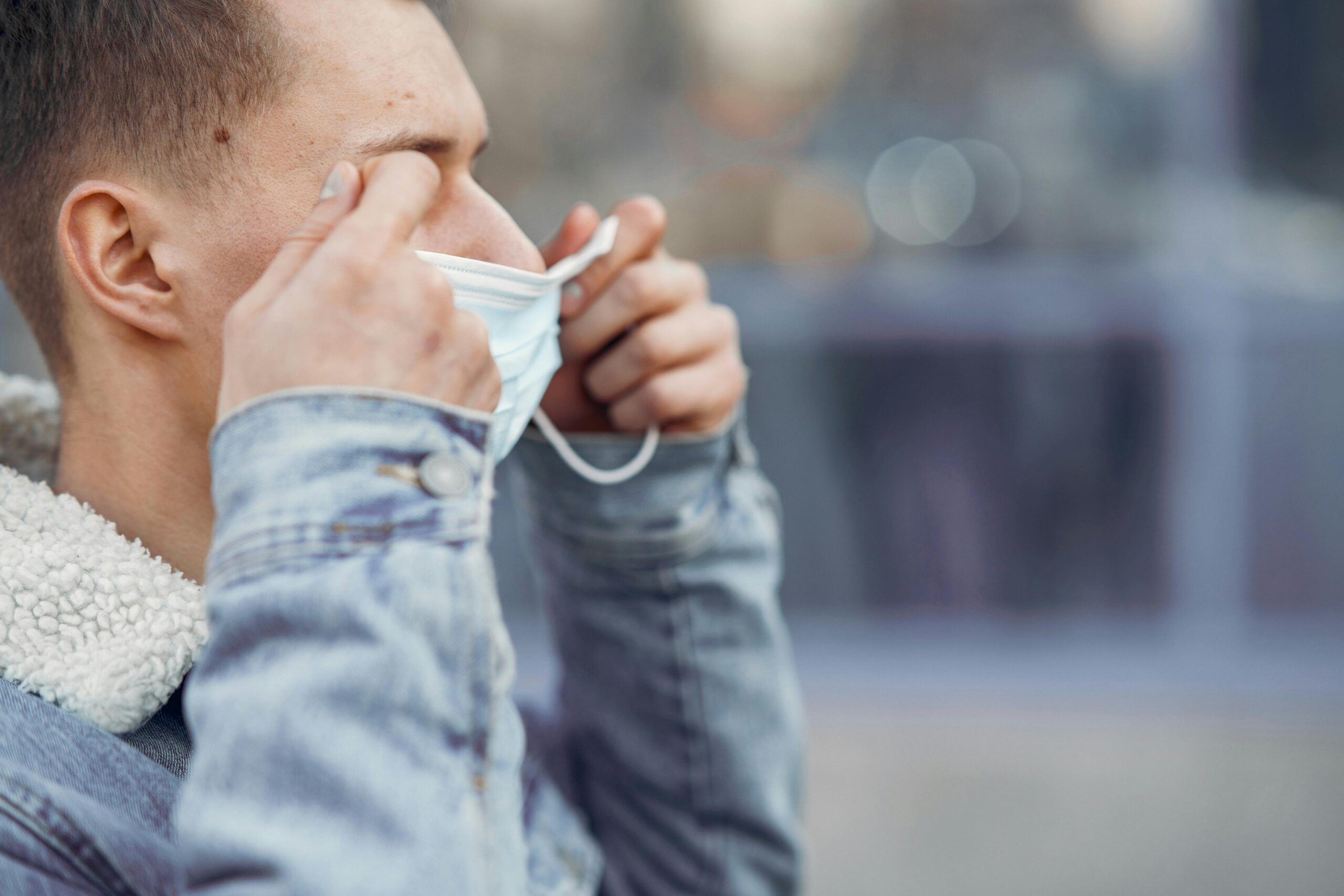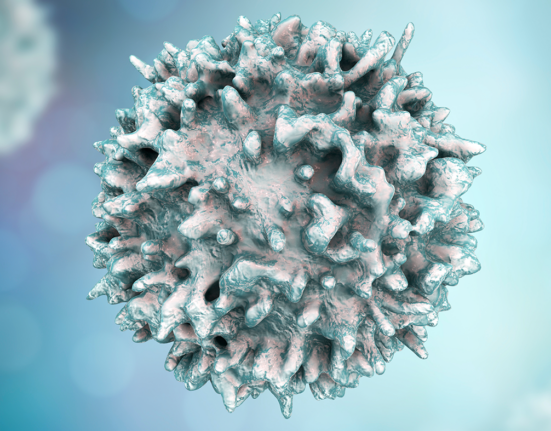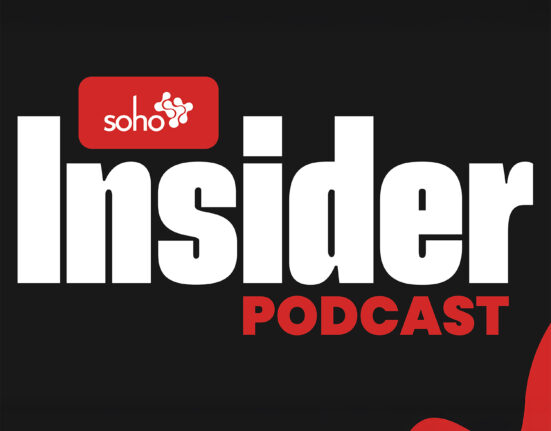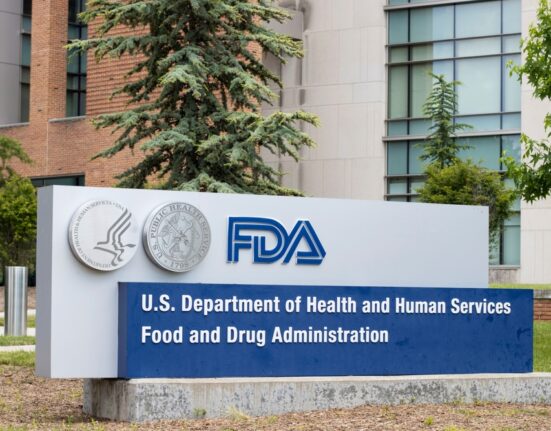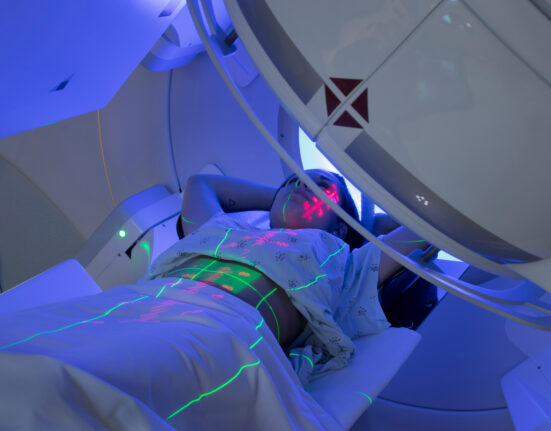A correspondence published in The New England Journal of Medicine suggests that a stronger flu vaccine provided little benefit compared with the regular flu vaccine for patients with blood cancers, who are at increased risk for severe outcomes from influenza but have impaired immunogenicity to vaccination.
The study was a single-blind, randomized, controlled trial that took place during the 2022-2023 flu season in the Southern Hemisphere. It enrolled 130 patients with multiple myeloma (44 patients), chronic lymphocytic leukemia (CLL; 33 patients), or non-Hodgkin lymphoma (NHL; 53 patients) who had received treatment within the past 12 months. Patients were randomized 1:1 to receive either two doses of adjuvanted QIV or standard-dose QIV. Both shots were given as small injections in the upper arm 21-28 days apart, and patients were grouped to ensure each vaccine group had a similar mix of blood cancer types.
For the four flu strains in the QIV vaccines, the percentage of patients with seroconversion at visit 3 was 37% in the adjuvanted-dose group and 42% in the standard-dose group for A(H1N1)pdm09; 46% and 46%, respectively, for A(H3N2); 36% and 39% for influenza B/Victoria; and 27% and 20% for influenza B/Yamagata (P>0.0125 for all comparisons).
“This trial highlights the limited benefit of augmented vaccination strategies in the current era of hematologic cancer treatments,” wrote the authors, led by Victoria Hall, MB, MPH, of the University of Melbourne in Australia. “Adjuvanted QIV was not associated with greater immunogenicity than standard-dose QIV, and immunogenicity was not improved by a second QIV dose.”
Dr. Hall and colleagues noted that the study results were at odds with other studies that have shown a stronger flu vaccine is beneficial for patients.
“These findings contrast with those of studies that have shown benefit with two doses of high-dose QIV and the H1N1/09 adjuvanted vaccine formulation in patients after allogeneic hematopoietic-cell transplantation,” they wrote, but added that patients with CLL or NHL had lower seroconversion than patients with multiple myeloma.
The authors noted several limitations of their study, including the fact that the trial had short follow-up and was underpowered for detection of clinical outcomes, and the fact that their exclusion of patients who were receiving intravenous immune globulin may have skewed and narrowed the eligible population of patients with multiple myeloma to those who were earlier in their disease course or those who were having a response to first-line therapeutic regimens.
Reference
Hall VG, Smibert OC, Sullivan SG, et al. Influenza Vaccination Strategies in Patients with Hematologic Cancer. N Engl J Med. 2025;392(3):306-308. doi:10.1056/NEJMc2406750

